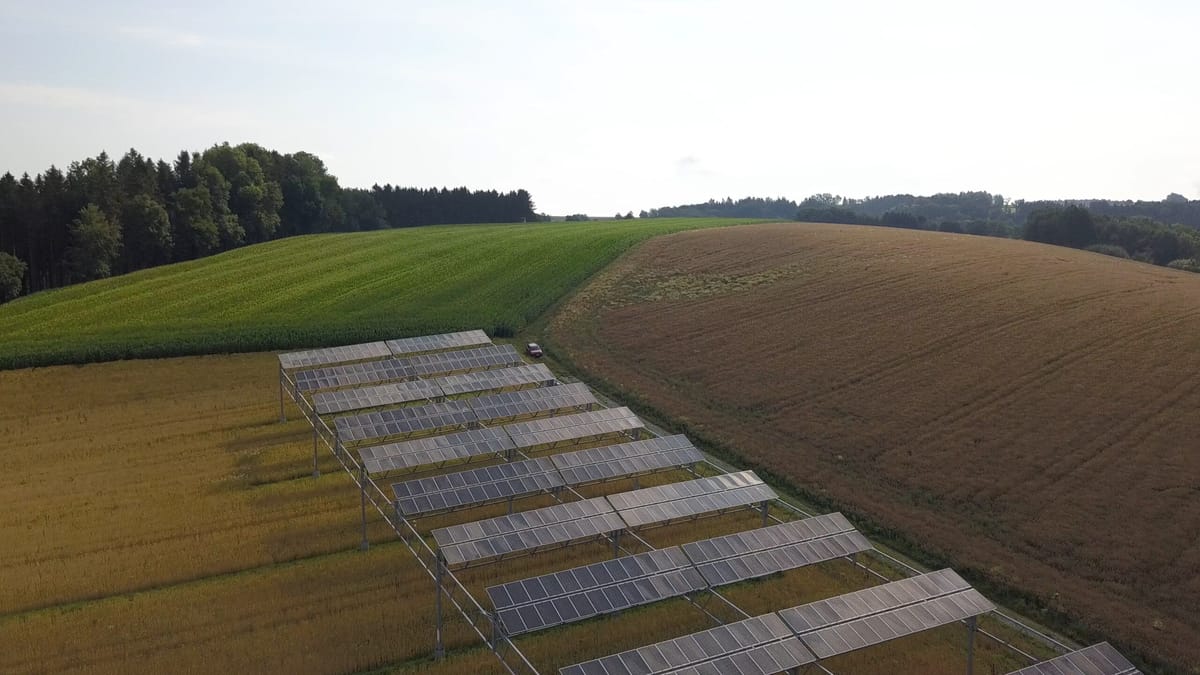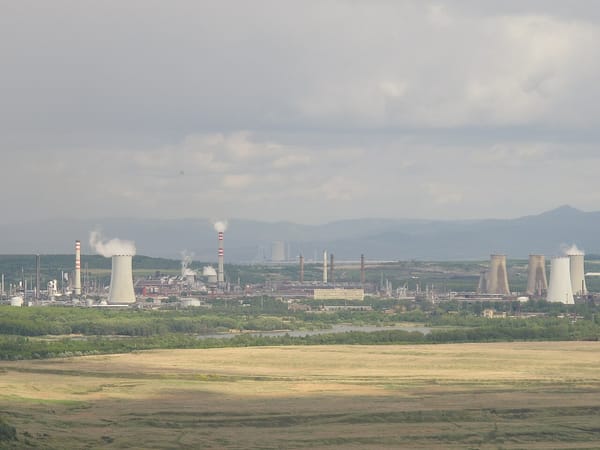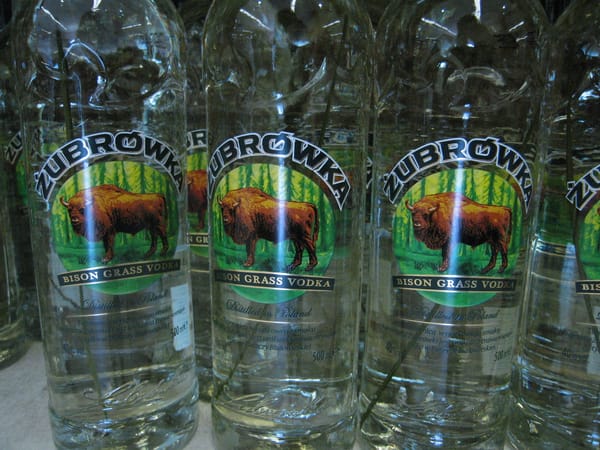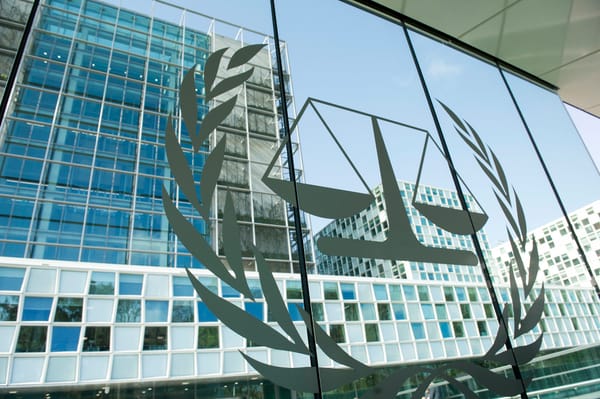
Poland set to build first agrivoltaic farm
Poland’s first agrivoltaic farm, with a target 1GW capacity could be constructed in northern Poland, Gazeta Wyborcza reported Sunday, 18 June.
German green energy investor Kelfield signed a letter of intent on the project with Polish photovoltaic manufacturer Corab, at the Intersolar Europe fair in Munich earlier in the week.
Corab specializes in the production of agrivoltaic racks, so far solely for export. Kelfield will oversee engineering and the investment process, including obtaining permits. The value of the components required is estimated at around PLN 300mn (EUR 67.18mn).
New energy approach radically cuts space required
Agrivoltaic energy simultaneously uses the same area of land for solar energy and agricultural products, as solar panels coexist with crops.
Kelfield CEO Hendrik Von Wieding said “we plan to start the project in the Pomeranian and Zachodniopomorskie voivodships, and that is where we are looking for investors interested in running agro-photovoltaic activities, offering farmers the opportunity to combine agriculture with energy production.”
Photovoltaic panels are placed vertically on agrivoltaic farms, where they can be placed on agricultural land without harming – or even benefiting – crops. Stand-alone agrivoltaic systems of this type occupy about 1% of the area typically required, so can be constructed even on a small farm.
Corab president Piotr Markowski told Gazeta Wyborcza that “if we covered 5% of the area of Poland’s rapeseed fields with agrophotovoltaic installations, it would give 30-35 GW of solar energy capacity, tripling what we currently have in Poland.”
The project would use vertical structures in the shape of a fence, on poor-quality agricultural land, functioning as meadow or pasture. The exact location of the farm will be decided when the investors partner with farmers interested in the project.
Solar important energy source for Poland
On sunny days, photovoltaics already provide 30-60% of Poland’s electricity, at times making it the country’s second energy source after hard coal, and ahead of lignite, the highly pollutant coal mined at the Belchatow and Turow power plants.
This is primarily due to “prosumers” – that is users who are simultaneously producers and consumers – who provide 10GW of power. More than 2GW is produced at large photovoltaic farms meanwhile. The combined capacity of all power plants in Poland is approximately 57 GW.
However, the daily adds, 80-90% of investors’ applications for connection to the grid are rejected due to underfunding of transmission grids and also keeping “reserves” for investment in nuclear power and offshore wind farms. Enabling the construction of photovoltaic farms on agricultural land would allow the opening of gigantic acreages.
Gov’t more interested in food security
In answer to a question, the Polish Agriculture Ministry told Gazeta Wyborcza that its current priority is food security and it does not want to agree to erecting panels on class III or even IV soils.
Gazeta Wyborcza comments that the answer to these concerns may be agrivoltaics, which does not block the possibility of continuing crops. However, there are currently no regulations on this area in Poland.
Another challenge for future projects will be the Spatial Planning Act, which according to the daily gives municipalities too little time to adopt new zoning plans, as well as the lack of money from the Polish National Recovery Fund, it adds.
According to the Polish daily, the photovoltaic market is changing. While previously, small farms were developed, funded by government subsidies amid fears of high electricity prices, the years ahead will be more focused on large-scale investments.





